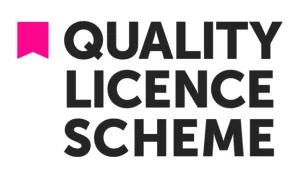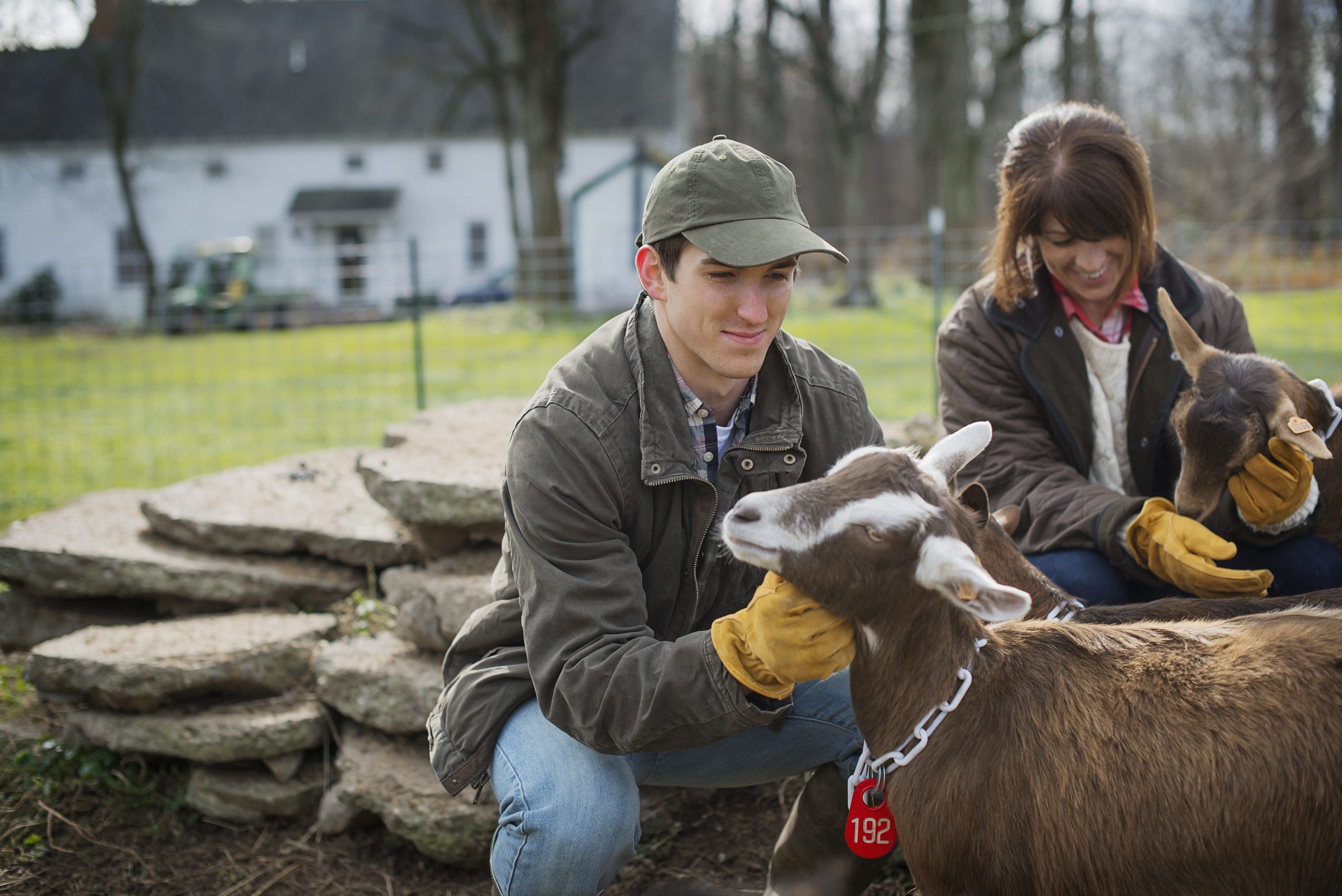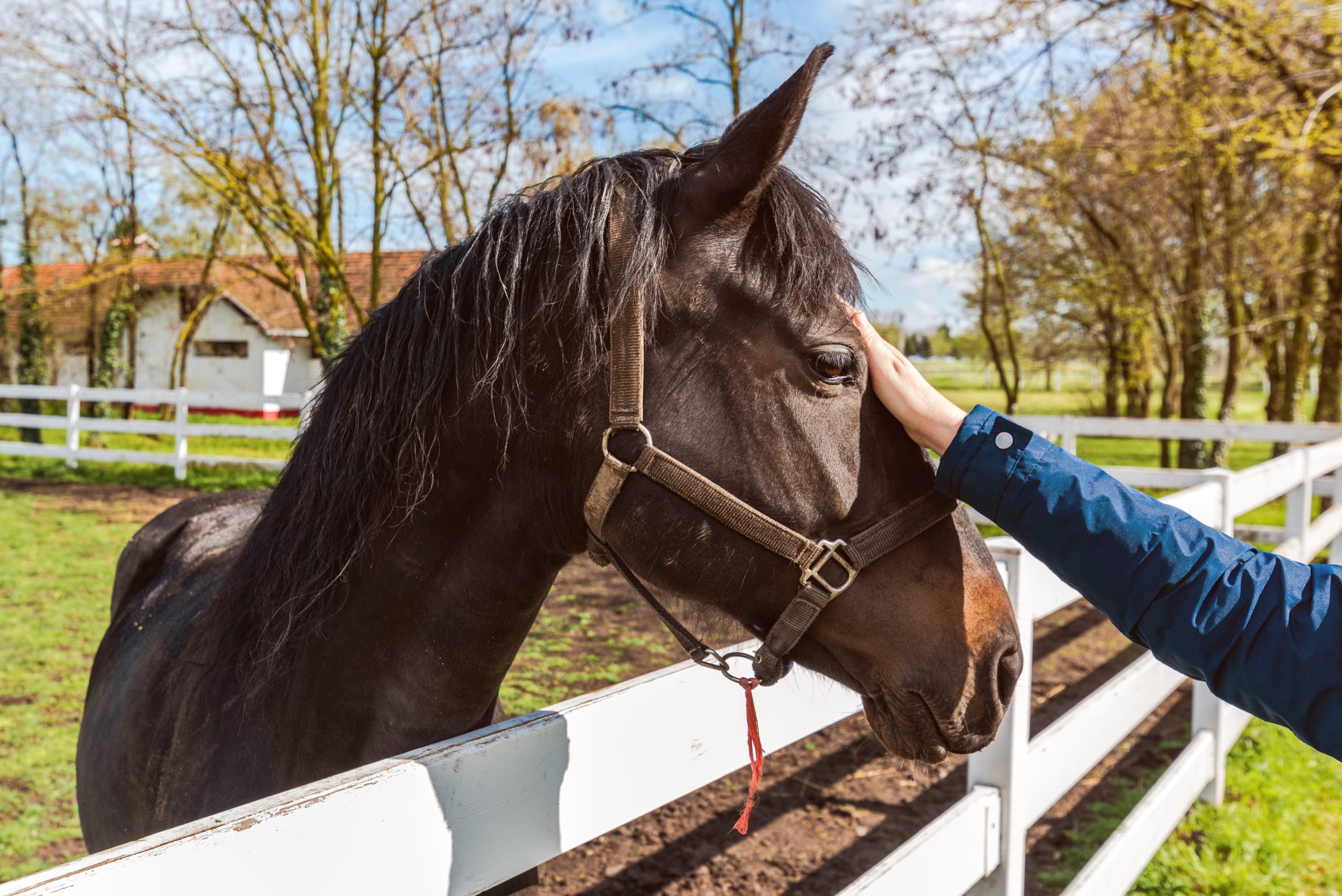Welcome to Open Learning College – Change your career, Increase your salary, and Improve your life.
 Course Overview
Course Overview 
Embark on a transformative learning journey with the UK’s most innovative home study provider, offering courses designed to unlock your true potential and facilitate the career change you desire. Access our distance learning courses directly from anywhere, anytime, and acquire industry-recognised Professional Qualifications essential for advancing in your career.
Specifically, explore the flexible and convenient Zoology (Level 3) course, an ideal way to gain a diploma qualification. Whether you aim for further education, improved job prospects, or expanded knowledge, this comprehensive course allows you to prepare thoroughly for exams or careers through home study. Plus, it’s structured to be accessible and beneficial even if you have no prior knowledge in Zoology.
Animals have always been part of human existence – in fact we are classified as being part of the Animal Kingdom, and have been found in the oldest archaeological sites, in tombs, as symbols on ancient characters and painted on walls in caves. Zoology is the scientific study of animal life from this ancient perspective to more in-depth modern research. Its research has explained its origins as the simplest single-celled organism to the present day diverse ones containing the most complicated internal systems, not dissimilar to that found in humans. We also discuss the historic development of animals from theories of mass extinction to evolution and sustainability.
 Course Key Topics
Course Key Topics
the Zoology (Level 3) course is divided into 10 modules.
Module 1: Introduction to Zoology
The first module introduces Zoology as a subject, and begins by defining animals gained the properties of life. How inorganic chemicals made the leap to organic molecules to begin the origin of life on Earth as simple celled organism is discussed. The first organisms, the prokaryote blue green algae (cyan bacteria) progress the story into a discussion on the basic building blocks of life, the cell. This brief history of the discovery of the cell as the basic unit of life, its structure and functions and the process of cellular reproduction, mitosis is included. The module concludes with a brief look at cellular metabolism, and the importance of enzymes in a biological system, e.g. in cellular respiration and energy production and movement.
Module 2: Animal Development, evolution to individual
It is clear that animals developed and became complex through the development of genetics and mixing of hereditary material. This module examines genetics, evolution and the two basic characteristics of life, that of development and reproduction. An overview of genetic theory, from a historical perspective, followed by a closer examination of genetics at the cellular and whole animal level is given. The module then moves logically onto evolutionary theory, setting it in a historical context pre- and post-Darwin, before discussing its implications, for animal species. The large range of strategies used by animals to ensure reproductive success is summarised, followed by a brief review of the process of development from fertilized zygote, through gastrulation to the embryo and adult individual.
Module 3: Animal Diversity: Part 1, Simple Animals
This module introduces the subject of animal diversity, beginning with a review of the various architectural patterns which occur in animal bodies. There are five major grades of organisation starting at the cellular level rising to multicellular, tissue, organ and organ-system level. The same development is reflected in the evolutionary pathways of animals and the taxonomic system currently used to classify animals supports this. The second part of the module seeks to describe the simple animals, from unicellular protozoans through to the development of multicellular animals such as sponges and jellyfish. Various characteristics of these animals such as movement, nutrition and reproduction are briefly described.
Module 4: Animal Diversity: Part 2, Complex invertebrates
Following on from the last section, this module looks at complex invertebrates, from the simplest molluscs (including gastropods, and cephalopods), segmented worms (annelids e.g. ragworms, earthworms, leeches), to the advanced arthropods (from horseshoe crabs to crustaceans, spiders and insects), the echinoderms ( starfish, sea urchins) and hemichordates (marine worms). Aspects of these groups which make them unique in the evolutionary history of the animal kingdom are discussed briefly as the group of animals is so large and varied. Species and groups of great interest to humans will therefore be covered in more detail.
Module 5: Animal Diversity: Part 3, The first vertebrates
Humans most resemble this group as they share the characteristics of a backbone or “chorda” cord. The function of the vertebrae is to support, hold muscles and protect the body. This module examines how the first vertebrate animals arose, and follows the history of animal life from the first emergence of backbone like animals, the proliferation of the fishes, through to the first walking vertebrates who moved to land, the early tetra pods and the modern amphibians. Various aspects of their life cycles, and uniqueness within the animal kingdom that cause them to evolve in the way they did e.g. move from water to land is discussed.
Module 6: Animal Diversity: Part 4, Complex vertebrates
What caused animals to want to inhabit the land, and how did they adapt e.g. develop their limbs to make changes to their form in order to do this? In order for animals to be free of the need to have water in which to reproduce, the evolution of non-porous eggs to the amniotic egg was necessary. This module deals with the origins of non-porous eggs, and the corresponding proliferation of reptile groups, some of which became known as ‘dinosaurs’. The connections between birds and reptiles are discussed as well important features of the avian group e.g. flight, migration and navigation.
Module 7: Animal Diversity: Part 5, Mammals
Mammals are small in number when compared to birds, insects and fish, however they are the most biologically differentiated e.g. from the 2 gram bats to the blue whale. They inhabit almost every environment, even trying to conquer outer space. Mammals in all their forms are the focus of this module. Their evolution and origin is discussed and well as the myriad of structural and functional adaptations (such as fur, highly developed nervous system and movement, and also the impact of humans on this adaptability such on domesticated pets, farm animals) the group has evolved to take advantage of the huge number of ecological niches which exist. The classification of living mammalian orders is discussed, along with specific examples of individual species. Human evolution is presented as a specific topic, although the advances in DNA modelling have helped to explain theories, full agreement on the exact path of evolution remains disputed.
Module 8: Animal activity: Part 1, Body, senses and movement
Having looked at the diversity within the animal kingdom, we now focus on their life process activities, their relationship with each other and their environment. The first section discusses the various strategies animals have developed to support their body structures, e.g. internal/external skeletal systems. It then moves on to discuss how animal move through their environments, from whole animal movements to the cellular changes which enable muscle to contract. The module concludes with a discussion on how animals have developed senses to help become aware of their environments, and how those signal are processed in the nervous system.
Module 9: Animal activity: Part 2, Maintaining the internal environment
Cellular activities need to occur in a constant stable environment and how this is maintained is called homeostasis. The internal environment changes e.g. due to nutrient concentration changing or from external changes such as of temperature, need to be maintained and this involves many systems. These processes involve several systems such as osmotic regulation (water balance) temperature regulation, circulation, respiration, digestion and nutrition and finally defence against micro-organisms, i.e. immunity. This involves coordinated activities within the circulatory, nervous and endocrine systems, and the organs which act as exchange environment with the external environment such as the kidneys, lungs or gills or the skin or digestive tract.
Module 10: Animals and their environment
The final module examines how animals behave (Ethology) and deal with their external environment e.g. in social behaviour e.g. the flight patterns of a group of swallows, and communication such as the mating calls within animals. The module continues with a discussion of animals at a global level, including the biosphere and animal distribution. We study every environment and how animals are distributed in each. Animal ecology is defined as the relation of the animal to its organic and inorganic environment, and includes an examination of predator/prey relationships and biomass pyramids. Animals have been studied at the micro- and global level throughout this course to give a brief overview of a complex and interlinked topic.
(Please click on the curriculum tab above to see a detailed view of each module)
Course Content
Zoology (Level 3) – FREE Starter Pack
How to…. (a series of explainer videos)
Module 1 – Introduction to Zoology
Module 2 – Animal Development, evolution to individual
Module 3 – Animal Diversity: Part 1, Simple Animals
Module 4 – Animal Diversity: Part 2, Complex invertebrates
Module 5 – Animal Diversity: Part 3, The first vertebrates
Module 6 – Animal Diversity: Part 4, Complex vertebrates
Module 7 – Animal Diversity: Part 5, Mammals
Module 8 – Animal activity: Part 1, Body, senses and movement
Module 9 – Animal activity: Part 2, Maintaining the internal environment
Module 10 – Animals and their environment
Course Resources
Final Exam
College Announcements
🔍 Unlock the Secrets of the Animal Kingdom with £50 OFF the Zoology Course! 🧬🕵️♀️
Ready to embark on a thrilling journey into the fascinating world of zoology?
For a limited time, we're excited to offer an exclusive discount of £50 off our Zoology (Level 3) Course! Uncover the mysteries of the animal kingdom, from the evolution of simple organisms to the diversity of vertebrates and mammals.
Use code ZOOLOGY50 at checkout before the month ends!
👣 Why Choose Our Zoology Course:
The Zoology (Level 3) Course, presented by Open Learning College, is your gateway to a comprehensive exploration of animal life. With 10 captivating modules, you'll delve into topics such as animal development, diversity, body functions, and their interaction with the environment.
💪 What Makes Our Course Shine:
In-Depth Content: Rich and well-structured content providing a holistic view of zoology.
Flexibility: Tailor your learning to your schedule, with 24/7 access.
Expert Guidance: Benefit from our experienced tutors' support throughout your learning journey.
Don't miss this opportunity to unravel the mysteries of the animal kingdom at a discounted rate! Enrol now, use code ZOOLOGY50* at checkout, and start your journey into understanding the wonders of zoology. 🧬📚
*This discount code cannot be used in conjunction with any other offer.









 Get Social!
Get Social!











Sophie Turner.